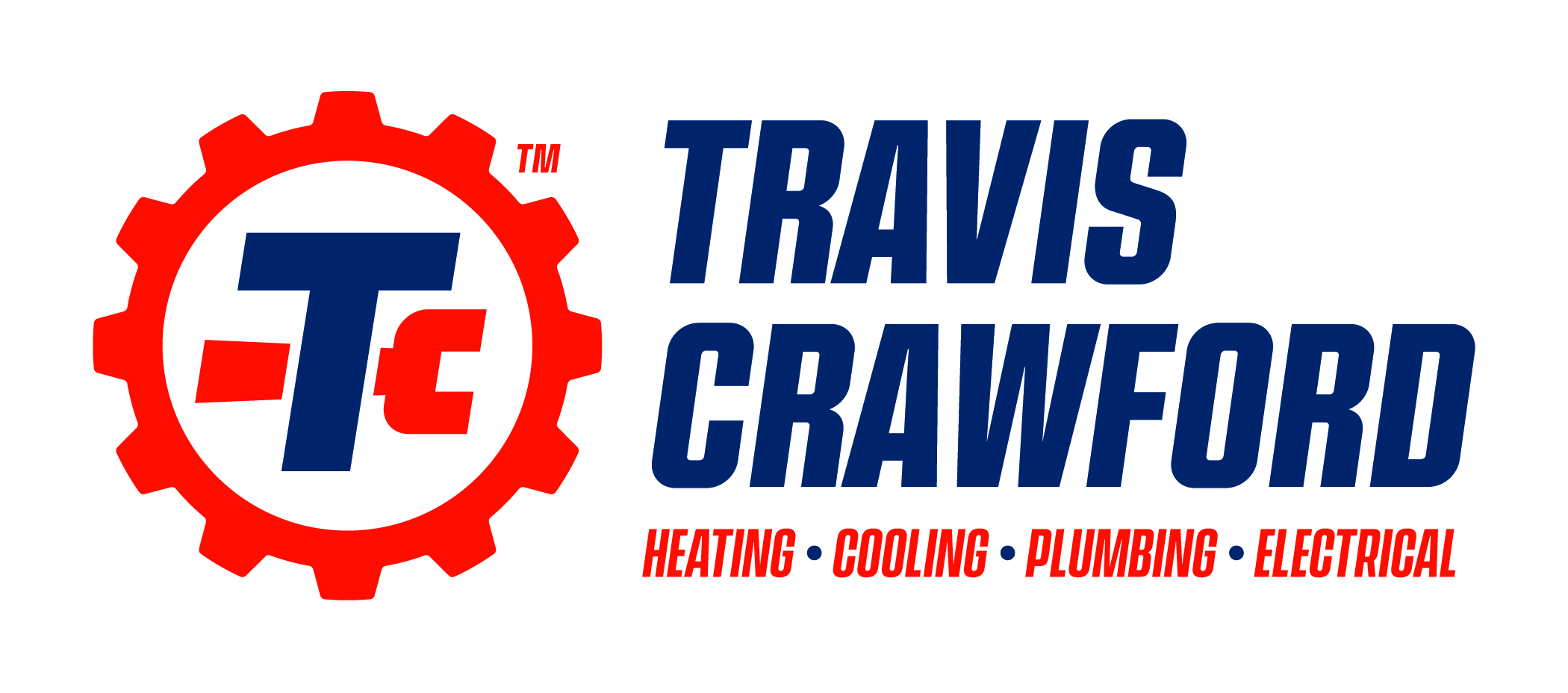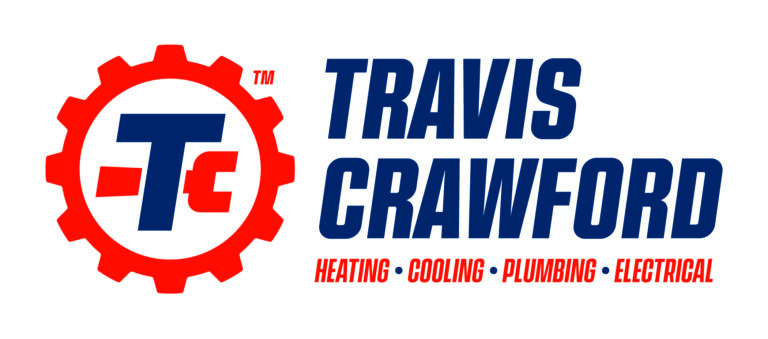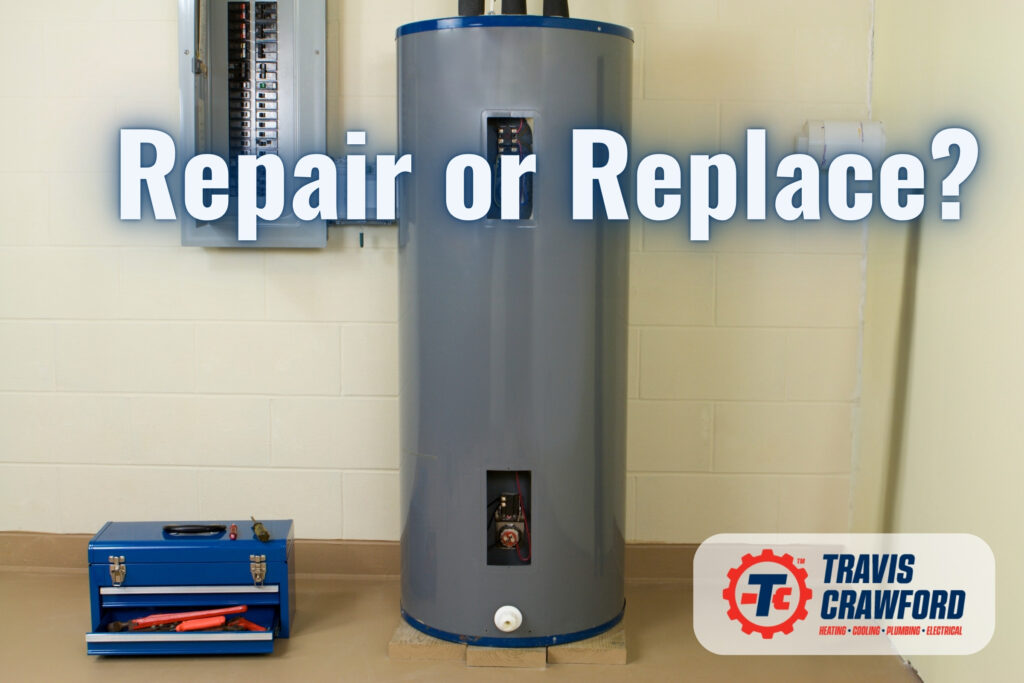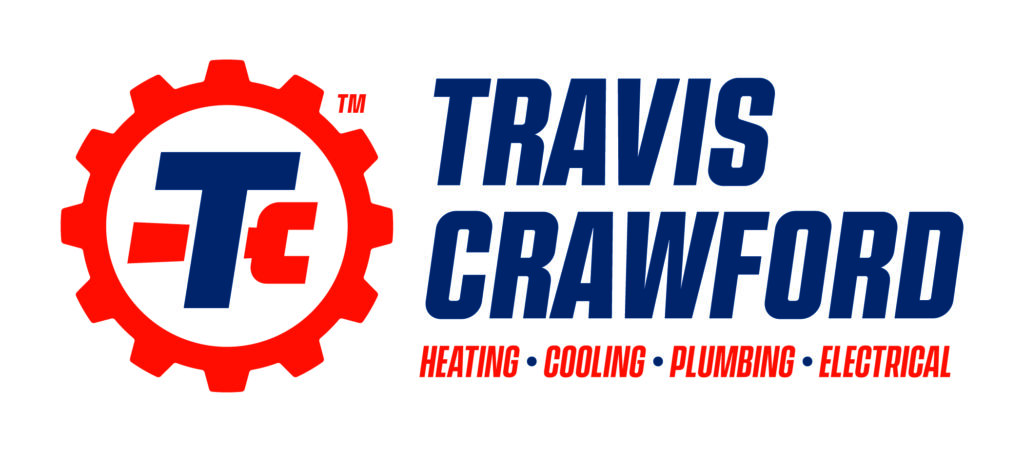No one likes the surprise of a cold shower. But when it signals a bigger issue with your home’s water heater, you feel the shock all over again. Whether you’re dealing with hot water issues or facing an aging system, it’s important to know whether water heater repair is enough or if it’s time for a full water heater replacement.
In this guide, the experts at Travis Crawford will help you understand the most common warning signs of a hot water heater in need of repair, how long water heaters typically last, and what factors can help you make the best decision for your home and budget.
Signs You Need Water Heater Repair
In many cases, a malfunctioning water heater can be repaired without needing a total replacement. If your unit is still relatively new and the issues are minor, a licensed plumber may be able to get it back on track.
Common signs you may need water heater repair include:
- Not enough hot water: If your hot water runs out quickly or never gets truly hot, there may be a problem with the heating element or thermostat.
- Strange noises or smells: Sediment buildup can cause banging or popping sounds, while foul odors may indicate bacteria inside the tank.
- Minor leaks around the base: Small leaks can sometimes be resolved by tightening connections or replacing valves.
- Pilot light issues (for gas water heaters): If the pilot won’t stay lit, you may need a simple part replacement or a thermocouple adjustment.
- Slow recovery time: If your tank takes too long to reheat, your system could be working harder than it should, but it may still be salvageable.
If you’re in Charlotte, Rock Hill, or Huntersville, our team offers fast, professional water heater repair to restore your system quickly.
When It’s Time for a Replacement
Sometimes, the more cost-effective and safe choice is to replace your water heater entirely. Here are some signs you’re nearing the end of your system’s water heater lifespan:
- The unit is 8–12 years old: Most traditional tank systems begin to decline after a decade of use. However, if your unit is well-maintained and you don’t have hard water, it may last longer.
- Rusty or discolored water: When you see rust-colored water, it often indicates corrosion inside the tank.
- Frequent breakdowns: If you’ve had multiple service calls within a year, it may be time to cut your losses.
- Large or persistent leaks: A leaking tank is not repairable and must be replaced.
- Inconsistent water temperature: If you’re constantly adjusting the temperature or experiencing extreme fluctuations, it could mean your heater is failing internally.
Homes in Concord, Gastonia, and the Charlotte Metro area often deal with older plumbing systems, making proactive replacement a smart investment.
Comparing Water Heater Repair vs. Replacement
Should you repair or replace your water heater? When deciding between these options, consider the following factors:
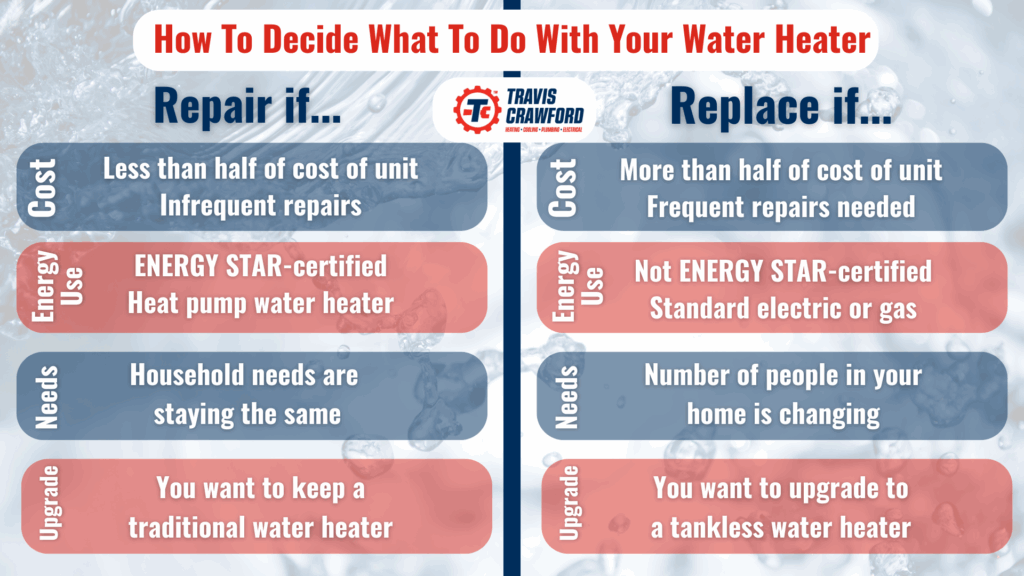
- Cost over time: While repairs may seem cheaper now, ongoing issues can add up. A new unit may save you money in the long run.
- Energy efficiency: Newer models, including ENERGY STAR-certified systems, are significantly more efficient than older units. According to the U.S. Department of Energy, energy-efficient heat pump water heaters can save a family of four up to $550 per year.
- Home needs: If your household has grown or your hot water needs have changed, your current unit may no longer be the right fit.
- Tank vs. tankless: A new system gives you the chance to upgrade to a tankless water heater, which offers a longer lifespan and endless hot water.
If you’re unsure what’s best for your situation, our team can assess your system and guide you to the best solution.
Why You Should Call a Licensed Plumber
Water heaters involve pressurized water, gas, or electric connections, and potentially dangerous temperatures. That’s why it’s always best to leave repairs and replacements to licensed professionals.
The plumbers at Travis Crawford are ready to help you with any water heater services you might need. We offer:
- Accurate diagnosis of repairable issues
- Code-compliant installations for safety and efficiency
- Prevention of accidental flooding or property damage with timely repairs
- Transparent pricing and honest recommendations
Whether you need plumbing repair services or advice on a full upgrade, our experienced team is here to help our customers in Charlotte, Concord, Gastonia, Huntersville, Rock Hill, Fort Mill, and surrounding communities in North and South Carolina.
Get Expert Help with Your Water Heater
If your water heater is acting up, don’t wait until you’re left without hot water. The licensed plumbers at Travis Crawford can help you decide whether a repair will solve the problem or if a replacement will save you time and money in the long run. We offer prompt scheduling, professional workmanship, and reliable results you can count on. If you’re unsure whether you need a repair or a replacement, we’re happy to take a look.
Call us today to schedule water heater service in Charlotte or nearby—we’ll make sure you always have the hot water you need.
FAQs About Water Heater Repair and Replacement
How long does a typical water heater last?
Most tank-style water heaters last about 8 to 12 years. If yours is approaching that age and experiencing issues, it may be time for a replacement.
Can I repair my water heater myself?
We don’t recommend trying to repair your water heater yourself. Water heaters involve high temperatures and potentially hazardous electrical or gas connections. Always contact a licensed plumber for safe repairs.
What are the signs I need a new water heater?
Rusty water, inconsistent temperatures, rising energy bills, or frequent repairs are all signs you may need to replace your unit.
Is it worth repairing a 10-year-old water heater?
In most cases, no, we don’t recommend repairing a unit that’s 10 years old. A 10-year-old unit is near the end of its lifespan, and replacement is often more cost-effective than ongoing repairs.
Do tankless water heaters last longer?
Yes, tankless water heaters last longer. They typically last 15 to 20 years with proper maintenance and offer improved energy efficiency compared to traditional systems.
